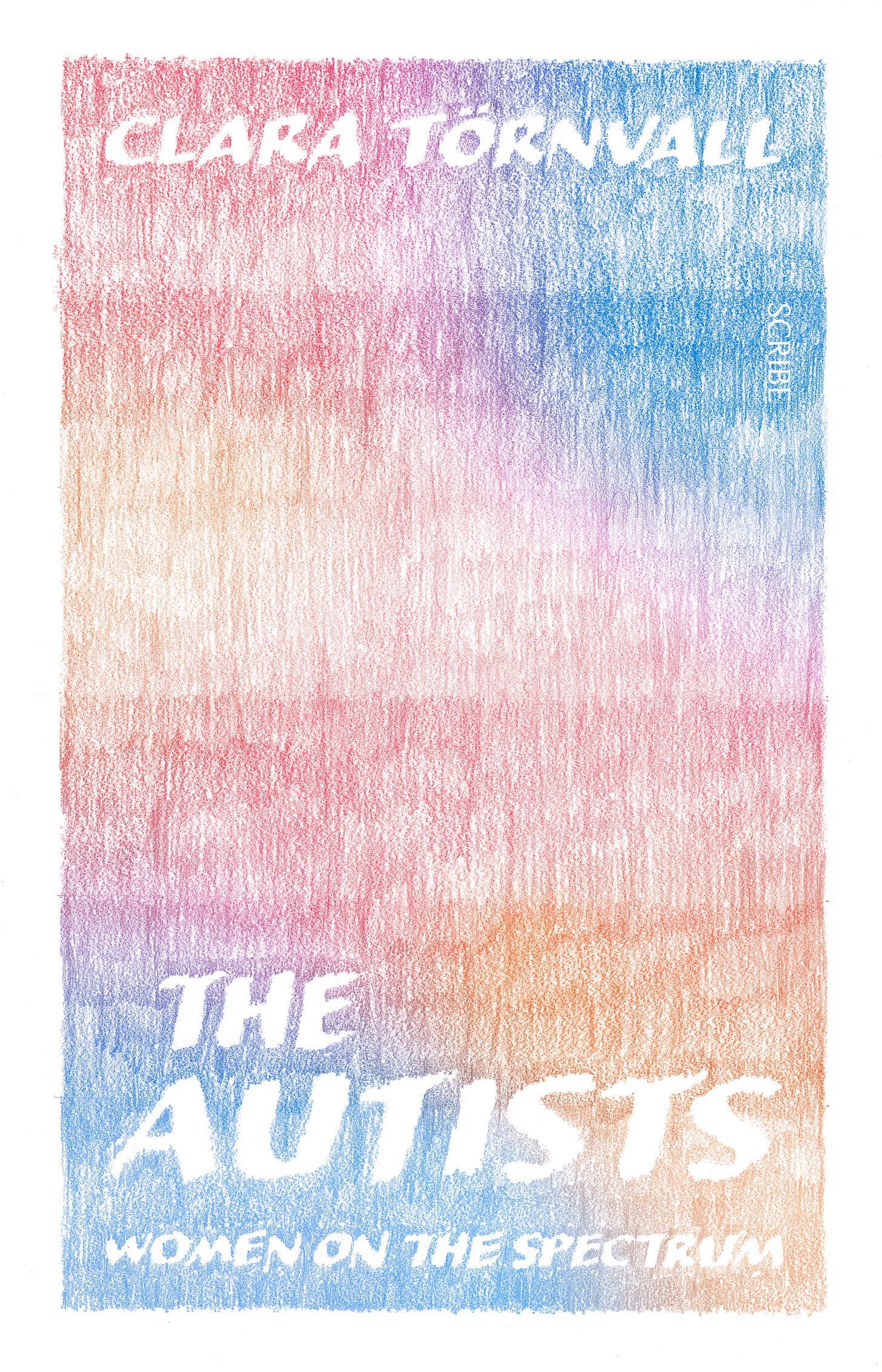The Autists, by Clara Törnvall
the autistic woman remains unknown in our time
There are many other things I have in the drafts folder that ought to take precedence, but I wanted to tell you about this excellent new book right away. You know how it is when you read something great—you want to evangelise. Some years, I give out books on Christmas Eve. I will be handing out more than one copy of The Autists by Clara Törnvall this year.
Newly translated from the Swedish, The Autists is a medical, cultural, psychological history of autism research, diagnosis, and representation. It is framed as a memoir, but goes far beyond that. Clara Törnvall was diagnosed as an adult (aged 42!) and this book is especially interesting about adult autists and the way that as Törnvall says, “the autistic woman remains unknown in our time.”
As well as giving brisk, well-informed accounts of autism and its representation in novels, films, and television, The Autists argues convincingly that we have much more to learn from autists than we realise. So often throughout history—and in our own time!—autists are accounted for with myths and explanations that ignore their real value. This book changes that perspective. And in less than two hundred pages!
This will be an eye-opening and useful book for people with preconceptions about autism and autists. Give it to the people you know who work in HR.
I could quote so much. Here’s one passage with some of Törnvall’s characteristic dark-dry humour at the end.
I know it doesn’t matter whether a metaphor is true or not, only that it is perceived as such. Nevertheless, I assess its truth value. For example, if someone says they have been ‘driving all day at thirty kilometres an hour’ I can’t help but wonder whether they mean this as something good or bad. Isn’t it quite relaxing to be driving at thirty kilometres an hour? I realise that the metaphor probably means it has been a tedious and slow day. Then I feel secretly annoyed at the way we are all expected to prefer speed over slowness. At this point, quite a bit of time has passed and I have fallen behind in the conversation.
I also enjoyed the section where Törnvall talks about the way alcohol renders “ordinary social rules null and void” and explains how at school she watched shows about teenagers on repeat so she could learn how to interact with her friends.
For me, cultural consumption was never an escape from reality. It was a way of getting closer to reality, of better understanding it, of conquering it.
Talk about the role of humanities in progress! This is an excellent book to help you understand how autism works, full of clear and entertaining examples and anecdotes, beautifully written and translated (by Alice E. Olsson) so that it reads smoothly and swiftly. Whether you are neuro-divergent, know someone who is, or are simply interested in seeing the world as it really is, there is a lot to be learned from this short entertaining book,—and it’s far better written than most other, much longer, books you might otherwise buy. On this or any subject.
You can see why I wanted to tell you right away. I hope Clara Törnvall writes another book.



Wonderful, I will definitely check it out.
Henry - I’m also an autistic woman, so thank you for the recommendation today. I know I’ll enjoy it.